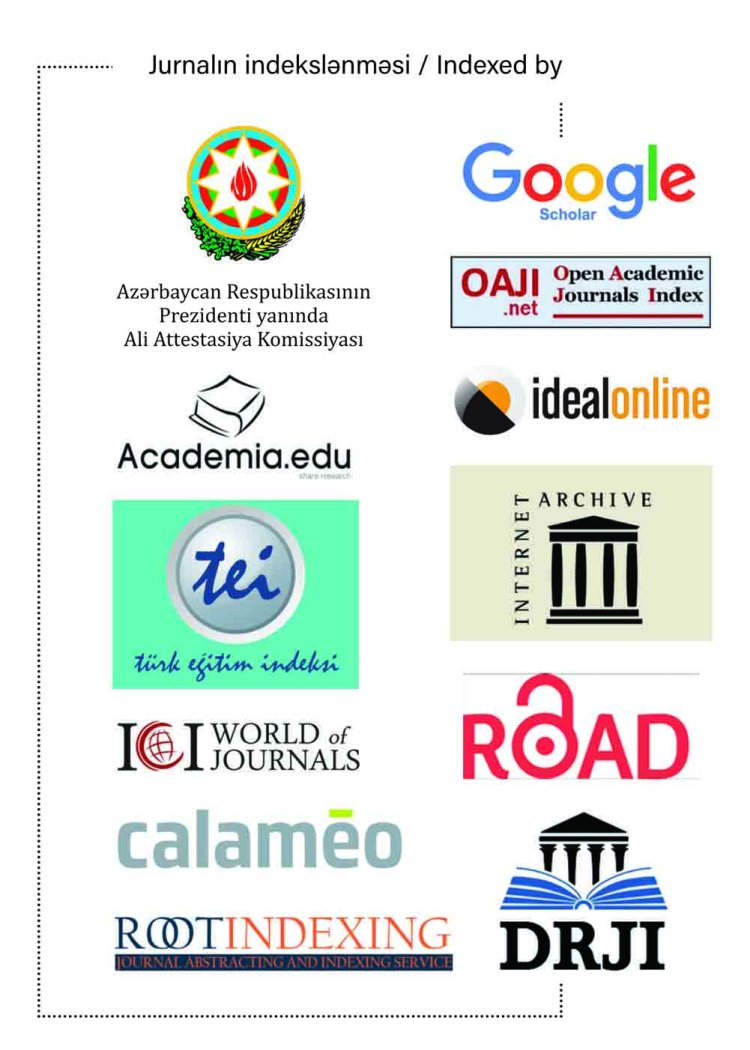EDUCATIONAL PROCESS OF STUDENTS WITH DOWN SYNDROME EDUCATED IN INCLUSIVE CLASSES
GUNAY BADALZADE
Today, the issue of social rehabilitation of children with Down syndrome is becoming increasingly urgent because their number has a steady tendency to increase. If some time ago children with a similar diagnosis were only born to mothers aged 30-45, now the number of children with Down syndrome being born to much younger mothers continues to increase. Such children have great difficulty in adapting to society. In modern conditions, integration and inclusive education are becoming increasingly relevant. In our article, we examine the learning processes of students with Down syndrome who are studying in inclusive classes. Observations show that inclusive education creates conditions for students to gain many advantages and affects various aspects of their development. Education plays an essential role in forming knowledge and skills, positively influencing their improvement as individuals in society. Students with Down syndrome who attend school differ from their peers who do not attend school in many advantages. The increase in their self-confidence and the development of communication skills support their socialization in society.




